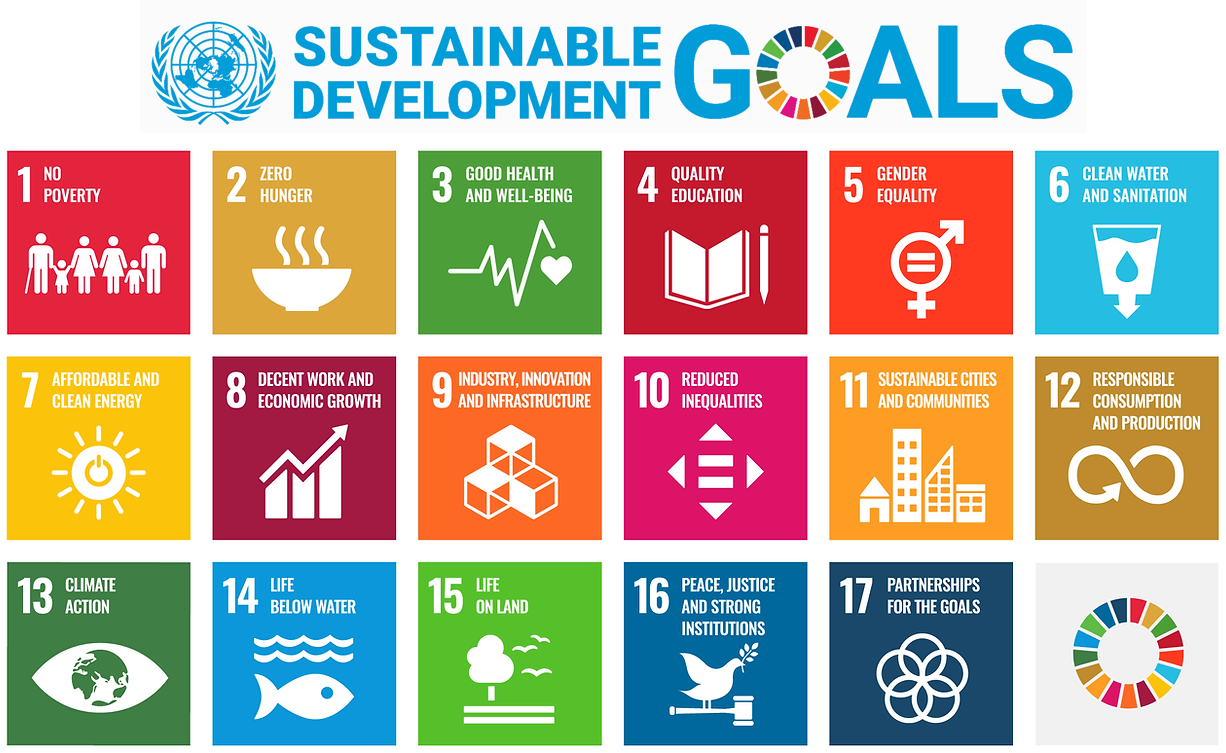
Contributions of the Research at HKU to the Sustainable Development Goals (SDGs)
— by Stella Chow
The United Nations General Assembly set 17 Sustainable Development Goals (SDGs) in 2015 as part of the 2030 agenda for sustainable development. It aimed to achieve these goals to end all forms of poverty, fight inequalities, and tackle climate change while ensuring that no one is left behind. By analyzing the SciVal data, this post reveals how the research conducted at HKU contributes to the SDGs.
Mapping research publications to SDGs in SciVal
Elsevier’s data science teams use the Machine Learning (ML) model to improve the completeness of the documents mapped to 16 of the 17 SDGs. These mappings have been loaded into SciVal. Researchers and institutions can track their research outputs towards the SDGs targets.
In this post, we make use of the SciVal data to gain a better understanding of how HKU research contributes to the SDGs. The findings are given as follows.
(Note: The data were extracted from SciVal on 7 February 2022)
A. Comparison of the research outputs of Global and HKU in SDGs
(i) Number of publications
The charts below compare the numbers of global and HKU publications that contribute to the 16 SDGs areas from 2016 to 2021.
The line charts in Figures 1 and 2 and the radar charts in Figures 3 and 4 indicate that the majority of the global and HKU publications falls into the following four areas:
- SDG 03: Good Health and Well-Being
- SDG 07: Affordable and clean energy
- SDG 09: Industry, innovation, and infrastructure
- SDG 11: Sustainable cities and communities
Among the 16 SDGs areas, both the global and HKU scholars have made significant contributions in the research field of SDG 03.


(ii) Citation count and Field-Weight Citation Impact (FWCI)
Figure 5 and Figure 6 illustrate the citation count and FWCI* of the global and HKU publications regarding SDGs. As shown in figures, both the global and HKU publications have the highest citation count regarding SDG 03: Good Health and Well-Being, followed by the count regarding SDG 07: Affordable and Clean Energy. For SDG 01: No Poverty, the publications have the lowest citation count.
As can be seen in the figures, the FWCI of the HKU publication is much higher than that of the global publications. With respect to the 16 SDG fields, the average FWCI is 2.6 for the HKU publications, compared to 1.16 for the global publications.
The top three SDGs fields with the highest FWCI of the HKU publications are as follows:
- SDG: 02 Zero Hunger (FWCI: 5.35)
- SDG: 16 Peace, Justice and Strong Institutions (FWCI: 4.87)
- SDG: 03 Good Health and Well-Being (FWCI: 3.56)
*FWCI: A field-normalized metric measuring the performance of an article or publication using Scopus. FWCI of:
- exactly 1 (FWCI = 1) means that the output performs just as expected for the global average.
- more than 1 (FWCI > 1) means that the output is more cited than expected according to the global average. For example, 1.48 means 48% more cited than the global average.
- less than 1 (FWCI < 1) means that the output is cited less than expected according to the global average.

B. HKU Publications in SDGs
(i) Research areas that contribute to SDGs
During the past six years, there were 17,411 HKU research outputs related to SDGs. The pie chart below shows the top 5 areas of HKU publications that contribute to SDGs.
- SDG 03: Good Health and Well-being (42.75%)
- SDG 11: Sustainable cities and communities (8.99%)
- SDG 07: Affordable and clean energy (7.89%)
- SDG 04: Quality Education (5.81%)
- SDG 09: Industry innovation and infrastructure (5.06%)

Among the SDGs fields, SDG 03: Good Health and Well-Being (42.75%) has the largest proportion.

(ii) The top 5 HKU publications in SDG 03: Good Health and Well-Being
The HKU’s top 5 publications by the number of citations in SDG 03: Good Health and Well-Being (2016-2021) are given in the table below.
(iii) Field-Weight Citation Impact (FWCI) of the HKU publications in SDGs (2016-2021)
Results of the analysis of the HKU research outputs in SDGs fields by Field-Weighted Citation Impact (FWCI) and Top Journal Percentiles are as follows.
- SDG 02: Zero Hunger. Among the 147 publications, 75.7% of them published in Top 25% Journal Percentiles with 5.56 FWCI
- SDG 16: Peace, Justice and Strong Institutions. Among the 535 publications, 66.3% of them published in Top 25% Journal Percentiles with 5.27 FWCI
- SDG 03: Good Health and Well-being. Among the 7436 publications, 69% of them published in Top 25% Journal Percentiles with 3.49 FWCI
- Over 60% of the HKU publications in SDGs are published in the Top 25% Journal Percentiles by CiteScore Percentile (%).

References
Elsevier. (2022). SciVal: UN Sustainable Development Goals. https://scival.com/sdg
The University of Hong Kong Libraries. (Jan 10, 2022). LibGuides: Research Metrics@HKUL: Article Level Metrics. The University of Hong Kong Libraries. https://libguides.lib.hku.hk/c.php?g=945929&p=6852303
United Nations. (2022). Home | Sustainable Development. United Nations. https://sdgs.un.org/


